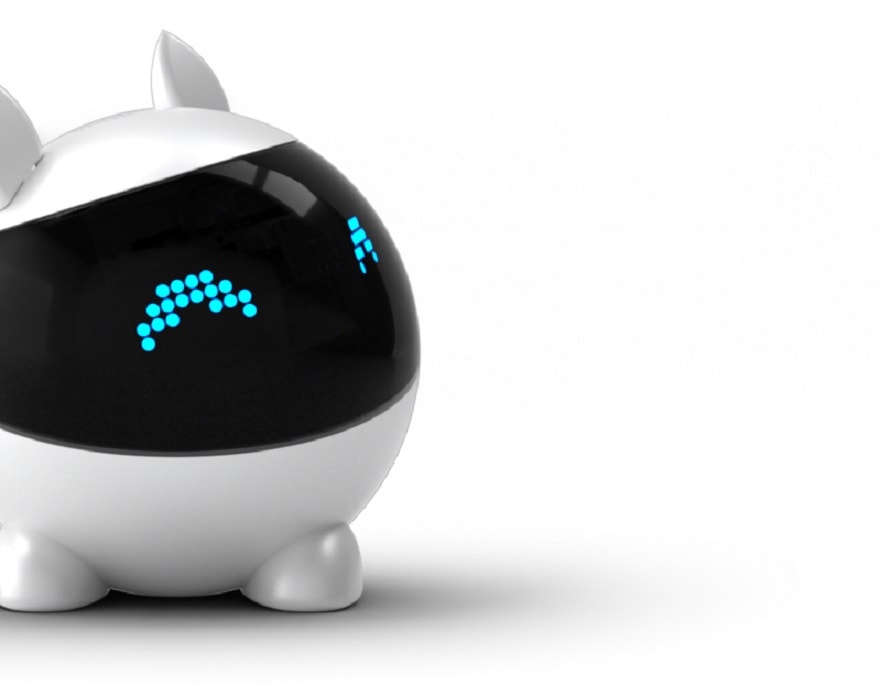To teach robotics and programming to children from 5 to 12 years old.
A fully customizable robot with integrated artificial intelligence
Soon, will the children still need parents, teachers, ...?

Anything to add? Say it as a comment.

Anything to add? Say it as a comment.
Why not enjoy unlimited reading of UP'? Subscribe from €1.90 per week.



Already registered? I'm connecting
Register and read three articles for free. Subscribe to our newsletter to keep up to date with the latest news.
→ Register for free to continue reading.

You have received 3 free articles to discover UP'.





